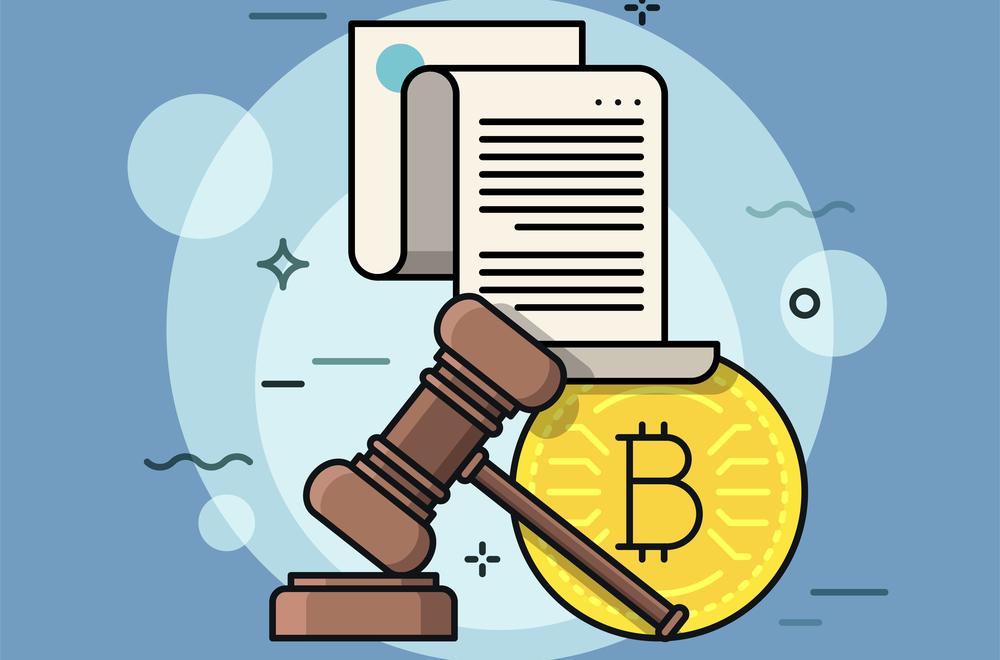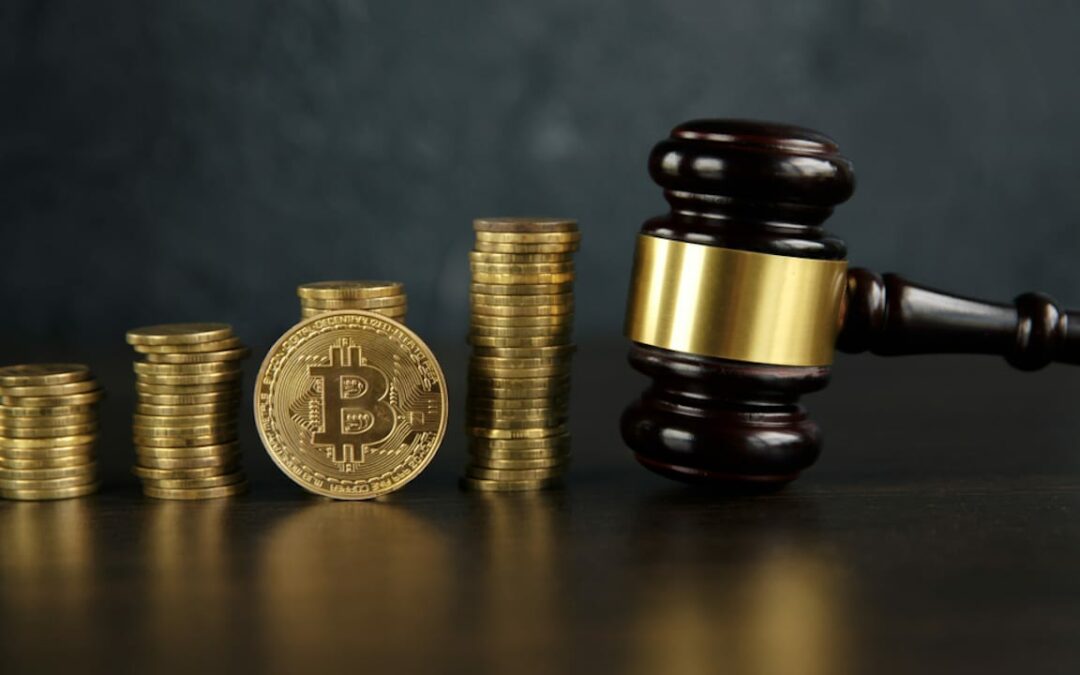Crypto adoption has been a growing matter during the last few years, as we have seen renown companies and governments take a friendly position towards cryptocurrencies. Global decentralization and secure transactions are only the tip of the iceberg, for there is a whole ecosystem for these assets.
As per the “When will governments accept crypto?” question, we’ll be analyzing the most recent events for crypto adoption. The future is always uncertain, but there are multiple factors that can give us a clew.
When will governments accept crypto?
While highly criticized by its volatility, no government can actually deny the advantages that, through a revolutionary technology, cryptocurrency transactions can offer.
Worldwide population has, at some point in history, experienced the devastating consequences of inflation. Logically, a lot of trust in the traditional financial system has been lost.
At the very edge of another recession, people are very afraid to put their savings into fiat currency and/or Real Estate. Even though cryptocurrencies represent a volatile market, Bitcoin is a deflationary asset that has a huge trajectory to show for.
This does not mean specifically that governments have to buy Bitcoin, but the current financial structure that they have will eventually be replaced and, as it happens to be, crypto is the best option.
Nobody can set a date for worldwide crypto adoption, but some countries have already given the first step. It is only a question of time before governments all around the world start, under a series of possible regulations, adopting crypto.

Has any government adopted crypto yet?
Last year, El Salvador became the first country to adopt Bitcoin as a legal tender, followed by the Central African Republic this year.
Although not officially adopted yet, some governments have learned to use the crypto ecosystem and blockchain in their favor.
From Russia and China to the USA, multiple companies are using blockchain to bring effective, permanent solutions to their infraestructures. Bitcoin was even considered for an aid bonus to the population during the hardest stage of COVID.
Pros and cons of global decentralization
Pros
- Total control of your own money.
- Faster, safer transactions.
- Encourages transparency and accountability.
- Improves organization in companies.
- More work can be done.
- It represents freedom in finance.
Cons
- Maybe not the best system for starting companies.
- It can be more expensive due to decentralized work demands.
- Makes illegal activities difficult to track.
We are lucky to be experiencing all the early stages of cryptocurrency, as we surely will see its development into a globally accepted transaction method. In a digital era, it is only logical to think that finance will be based on digital assets.
